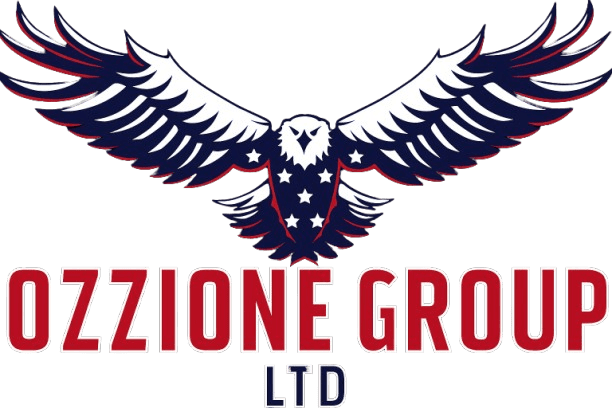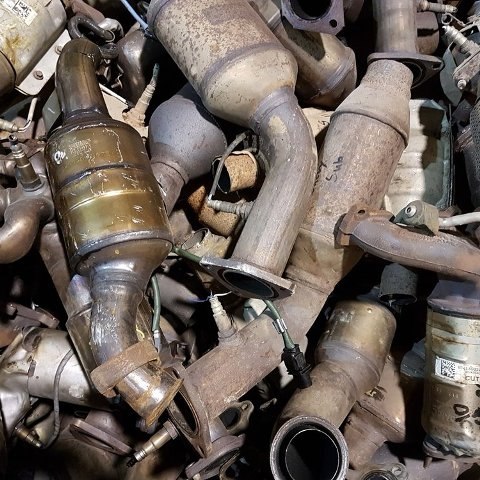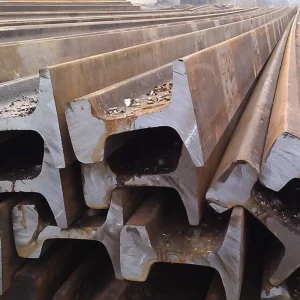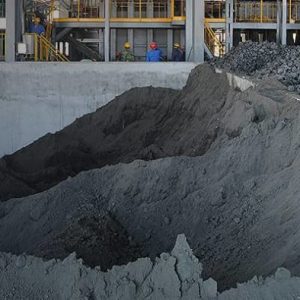Description
Catalytic Converter Scrap: A Valuable Source of Precious Metals
Catalytic converter scrap plays a vital role in today’s recycling and metal recovery industries. These parts, found in most modern vehicles, contain precious metals like platinum, palladium, and rhodium. Therefore, recycling catalytic converter scrap not only protects the environment but also creates significant financial opportunities.
What is Catalytic Converter Scraps?
Catalytic converters are devices installed in vehicle exhaust systems to reduce harmful emissions. When vehicles retire or converters fail, people remove these parts as scrap. As a result, catalytic converter scraps provides a rich source of precious metals, making it highly desirable for scrap dealers and metal recyclers worldwide.
Why Recycle Catalytic Converter Scraps?
First, recycling catalytic converter scraps helps reduce environmental pollution. It stops toxic materials from reaching landfills and lowers the need to mine new metals, which harms the planet.
Moreover, recycling recovers valuable metals that industries can reuse. Companies use the precious metals extracted from catalytic converter to manufacture new converters, electronics, and jewelry.
The Composition of Catalytic Converter Scraps
The amount of precious metals varies depending on the vehicle’s make and model. The primary metals recyclers recover include:
-
Platinum (Pt)
-
Palladium (Pd)
-
Rhodium (Rh)
Furthermore, these metals remain rare and expensive, which drives the high value of catalytic converter scraps in the market.
How Do Recyclers Process Catalytic Converter Scraps?
Recyclers collect catalytic converters and dismantle them to extract the ceramic or metallic core containing precious metals. Then, processing plants use chemical or smelting methods to recover the metals efficiently.
Consequently, these recovered metals re-enter supply chains to manufacture new products, supporting a circular economy.
Market Demand and Pricing
Demand for catalytic converter scraps keeps growing as governments enforce stricter emission regulations worldwide. These regulations increase the number of vehicles requiring catalytic converters, boosting the need for recycled materials.
Additionally, global market conditions influence precious metal prices, so scrap value fluctuates. However, catalytic converter scraps consistently offers profitable opportunities for scrap dealers and recyclers.
Conclusion
In conclusion, catalytic converter scraps delivers both environmental and economic benefits. Recycling these parts conserves precious metals, supports sustainable manufacturing, and reduces pollution. Whether you own a vehicle, run a scrap yard, or operate a recycling business, understanding the value of catalytic converter scrap opens doors to profit and sustainability.




Reviews
There are no reviews yet.